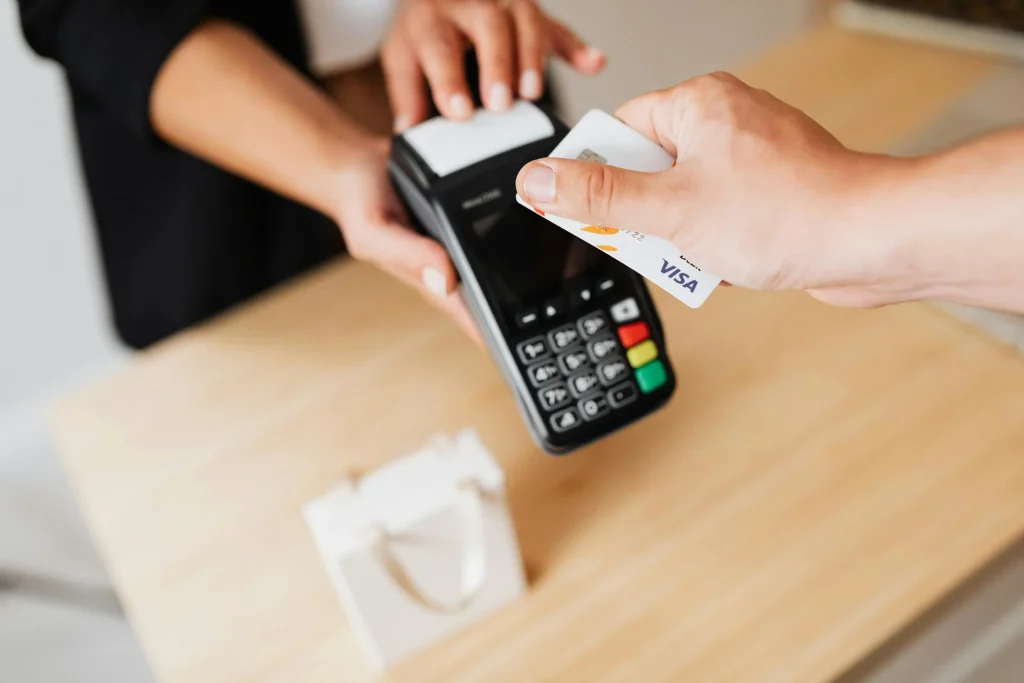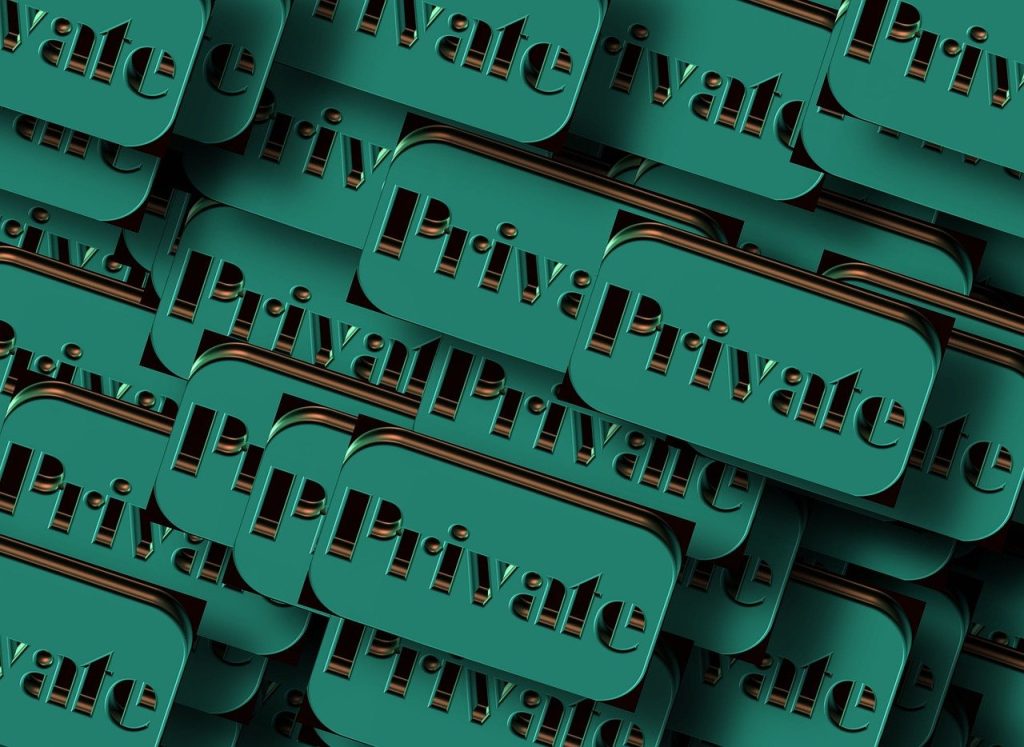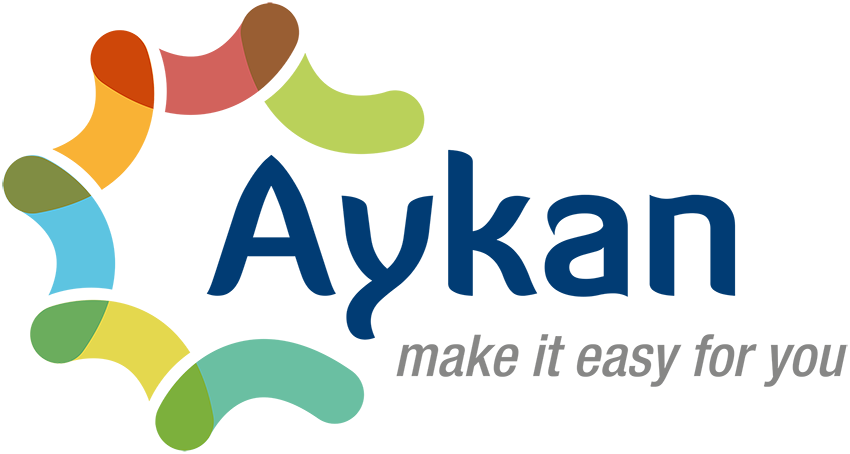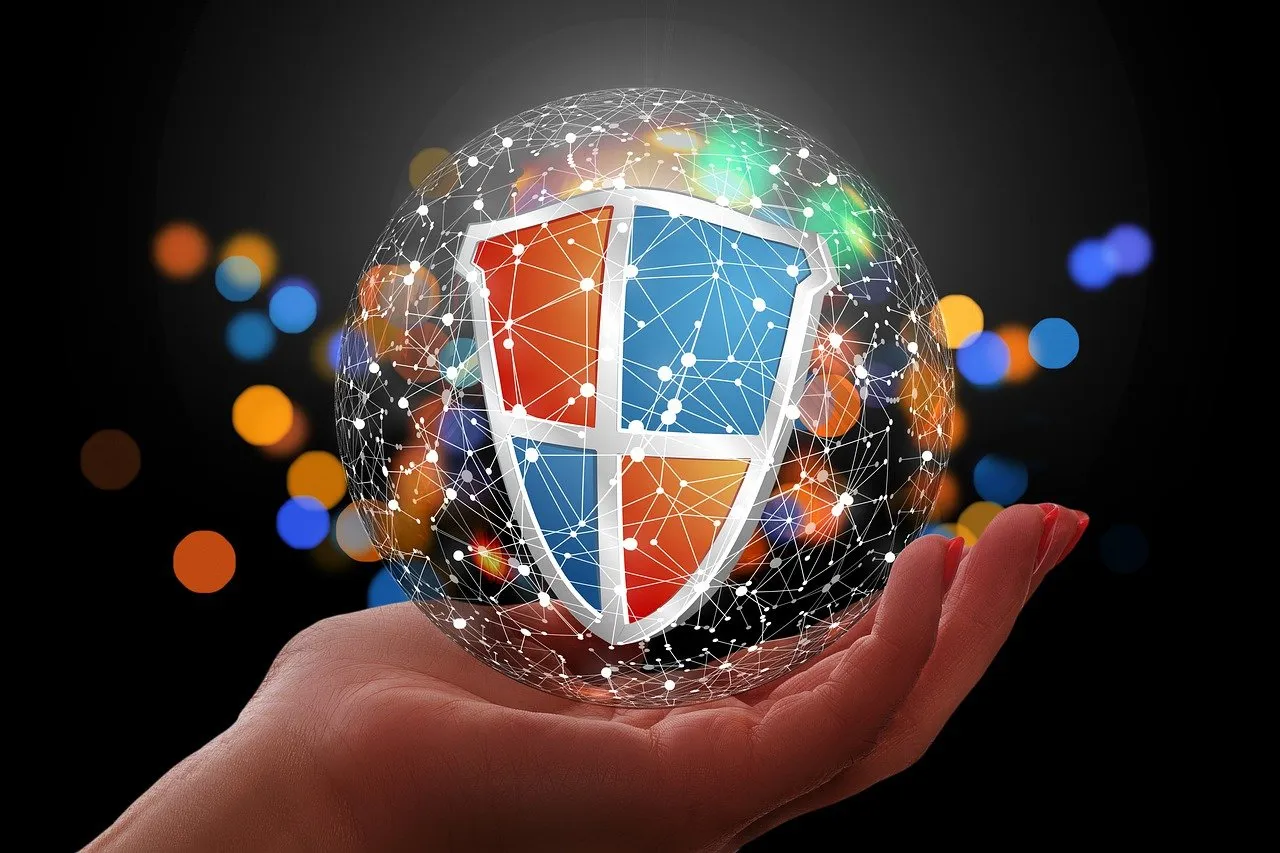As online marketplaces continue to grow in popularity, protecting consumer data has become more critical than ever. Consumers trust online platforms with sensitive personal information, and any breach of that trust can have serious consequences—not only for the individuals affected but for the marketplace itself. Whether you’re running an online marketplace for goods, services, or digital products, ensuring the privacy and security of consumer data is paramount.
In this article, we will explore seven key measures to protect private consumer data in your online marketplace. By implementing these best practices, you can enhance your platform’s security, ensure compliance with data protection regulations, and foster trust with your customers.
1. HTTPS Encryption for Secure Transactions
The first line of defense in protecting consumer data is securing the communication between users and the marketplace. HTTPS encryption (SSL/TLS) ensures that all data transmitted through your platform, such as login credentials, personal information, and payment details, is securely encrypted. This encryption makes it unreadable to unauthorized parties, safeguarding sensitive data from potential hackers. Whether users are logging into their accounts, making purchases, or submitting personal information, HTTPS guarantees a secure connection that fosters trust and protects against data breaches.
To implement this, ensure that all pages of the marketplace—particularly login and checkout pages—are served over HTTPS. Additionally, obtain an SSL certificate for domain to establish a secure connection and provide a visual indication (such as the padlock icon) that the site is safe for transactions.
2. Trusted Payment Gateways
Payment processing is one of the most sensitive aspects of online marketplaces, and ensuring that payment information is handled securely is essential. Trusted payment gateways such as Stripe and PayPal are designed to securely process transactions by encrypting payment details and adhering to industry standards like PCI-DSS (Payment Card Industry Data Security Standard). These gateways reduce the risk of exposing sensitive financial data to hackers or unauthorized parties.
Additionally, it’s crucial that sensitive financial data, such as credit card numbers, is not stored on your platform. Instead, this information should be handled directly by the payment provider, ensuring that platform is not vulnerable to data breaches or misuse of consumer financial information.

3. Strong Authentication Measures
To prevent unauthorized access to user accounts, it’s important to implement strong authentication measures. One of the most effective methods to enhance security is by requiring two-factor authentication (2FA). This process adds an extra layer of protection by asking users to provide a second form of verification—such as a code sent to their mobile device—alongside their password. This significantly reduces the likelihood of account breaches, even if a user’s password is compromised.
To enhance the security of your marketplace, consider implementing a custom-built two-factor authentication (2FA) system since Sharetribe does not natively support mobile 2FA. By integrating trusted services like Google Authenticator or Auth, you can provide users with an additional layer of protection to safeguard their sensitive information and boost overall platform security. This option can be offered as a valuable feature to further secure user accounts.
4. Limit Data Collection and Retention
Reducing the amount of personal data collect is a critical step in minimizing the risk of a data breach and enhancing consumer trust. By collecting only the information necessary to complete transactions or improve the user experience, limit exposure to sensitive data and reduce your platform’s vulnerability. In addition to minimizing data collection, it’s important to establish clear data retention policies.
Avoid storing sensitive information longer than needed, and ensure that data is deleted once it is no longer required. This not only helps protect user privacy but also ensures compliance with data protection regulations. To implement this, streamline your registration and checkout processes by requesting only essential details—such as name, email, and address—and ensure that consumer data is deleted in a secure manner when no longer needed.

5. Secure User Data Storage
Ensuring that consumer data is stored securely is just as crucial as protecting it during transmission. Sensitive data, including personal information and payment details, should be encrypted both at rest (while stored on servers) and in transit (during transmission) to prevent unauthorized access. Additionally, access to this data should be strictly controlled.
Implement role-based access control to ensure that only authorized personnel can view or modify sensitive information. Regularly conduct audits to monitor who has access to consumer data and ensure that access is granted only to those who absolutely need it for their tasks. By employing these measures, one can significantly reduce the risk of unauthorized access or misuse of consumer data.
6. Regularly Update and Patch Security Vulnerabilities
Cybersecurity threats are constantly evolving, which makes it crucial to stay ahead of potential vulnerabilities in your marketplace. Regular software updates and patching are essential for addressing security flaws before they can be exploited by cybercriminals. Be sure to update your marketplace platform as well as any third-party integrations to protect against known security risks. Setting up automatic updates for security patches will help ensure that your system is always up to date with the latest protections.
Additionally, regularly review and update your platform’s security settings to address new vulnerabilities as they emerge, providing ongoing defense against evolving threats.

7. Comply with Privacy Regulations
With data protection regulations like the General Data Protection Regulation (GDPR) in the EU and the California Consumer Privacy Act (CCPA) becoming increasingly stringent, it is essential for your marketplace to comply with these laws. These regulations mandate specific practices such as obtaining user consent before collecting data, providing users with the right to access or delete their personal data, and ensuring transparency regarding how data is used. To stay compliant, take the time to review and familiarize yourself with the data protection regulations that apply to your marketplace, such as GDPR and CCPA.
Additionally, create a clear privacy policy that outlines how consumer data is collected, stored, and used, and ensure to obtain the necessary consent where required. Enable features that allow users to access and delete their personal data, giving them more control over their information and helping you stay compliant with legal requirements.
Conclusion
Protecting consumer data is a vital responsibility for any online marketplace owner. By adopting best practices such as HTTPS encryption, using trusted payment gateways, implementing strong authentication measures, and minimizing data collection, marketplace can safeguard consumer privacy and reduce the risk of data breaches. Regularly updating security infrastructure and complying with privacy regulations will not only help protect sensitive data but also build trust and foster long-term relationships with the customers.
As online marketplaces continue to evolve, data protection should remain a top priority. By staying proactive in securing consumer information, marketplace create a safer, more trustworthy platform that consumers can rely on for their online transactions.
FAQ's
1. What is GDPR, and why is it important for online marketplaces?
GDPR (General Data Protection Regulation) is a law that protects personal data and privacy in the EU. It requires businesses to get explicit consent from users before collecting data, provides users with the right to access or delete their information, and mandates transparency. Non-compliance can result in heavy fines, making it crucial for marketplaces that handle EU data to comply.
2. How can I ensure secure transactions on my marketplace?
Use HTTPS encryption (SSL/TLS) across your site to protect data during transmission. This ensures that sensitive information, like passwords and payment details, is encrypted, reducing the risk of data breaches.
3. Why should I use trusted payment gateways like Stripe or PayPal?
Trusted payment gateways securely process payments and comply with industry standards (e.g., PCI-DSS). These platforms handle sensitive financial data, reducing the risk of exposure on your marketplace.
4. How can I protect user accounts with strong authentication?
Implement two-factor authentication (2FA), which adds an extra layer of security by requiring users to provide a second verification method (like a code sent to their phone) along with their password.
5. Why is it important to regularly update security systems?
Cyber threats are constantly evolving, so regular software updates and security patches are essential to fix known vulnerabilities. Keeping your marketplace platform and third-party integrations up-to-date ensures your security defenses stay strong against new threats.








